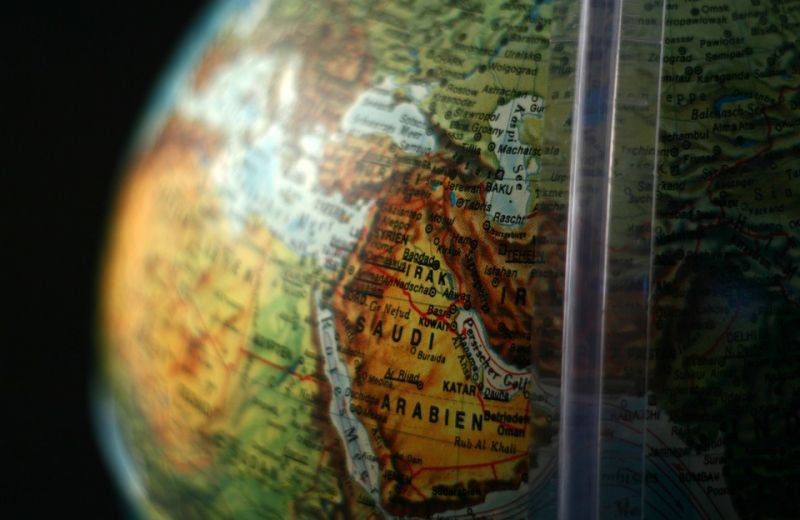
Egypt and Saudi Arabia: A Predictable Rapprochement
Saudi Arabian King Salman’s five-day visit to Egypt and the extensive media coverage it garnered are an expression of the warming of ties since al-Sisi became president in June 2013. Morsi’s

Saudi Arabian King Salman’s five-day visit to Egypt and the extensive media coverage it garnered are an expression of the warming of ties since al-Sisi became president in June 2013. Morsi’s
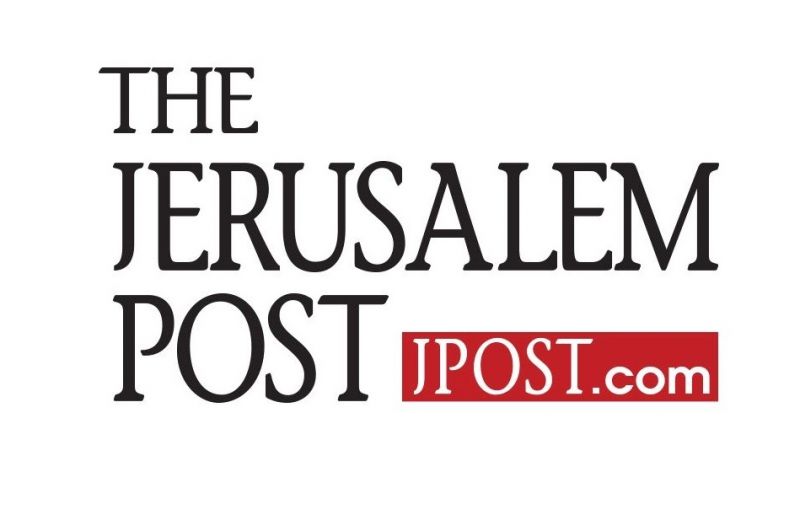
Saudi Arabian king Salman bin Abdulaziz Al Saud’s five-day visit to Egypt is an expression of the warming of ties between the two countries since Abdel Fattah Sisi became president of Egypt in

The Egyptian transfer of the islands of Tiran and Sanafir in April 2016 to Saudi Arabia can be understood from at least four separate perspectives. First, the agreement between the parties is

Pessimists, like Israel’s Prime Minister Benjamin Netanyahu, say that the deal between Iran and major powers to curb its nuclear capabilities will only enhance Iran’s threat, by lifting

The late Yossi Sarid was one of the most active, committed Israeli politicians to promoting peace between Israel and the Palestinians. Yet his rich career in public service brings to mind one

Israel finds itself surrounded by a region in turmoil and transition. The collapse of neighboring states, the emergence of regional powers and the U.S. withdrawal as the security guarantor of the

Israel finds itself surrounded by a region in turmoil and transition. The collapse of neighboring states, the emergence of regional powers and the U.S. withdrawal as the security guarantor of the

The fact that Israel came into existence at the expense of a Palestinian state has been the cause of much hostility between Israel and its Arab neighbors and was the reason for many armed

Dr. Abdullah Swalha, Director of the Center for Israel Studies in Jordan, was the keynote speaker at a symposium held by Mitvim – The Israeli Institute for Regional Foreign Policies on 13

On August 6, the new Suez Canal was inaugurated with great pomp and circumstance. In honor of the historic event, there were two ceremonies, attended by both Egyptian and foreign dignitaries,
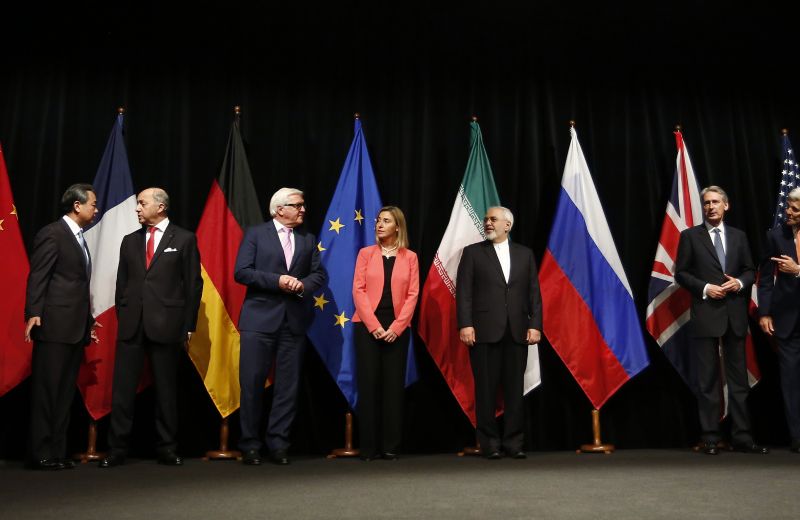
The deal reached between Iran and the six world powers is likely to have significant implications for Iran’s role in the region, Israel-US relations, domestic American politics, Israel’s foreign

On 1 July 2015 an unprecedented attack was launched by an Islamist organizations affiliated with the Islamic State (IS) against Egyptian military targets in the north of the Sinai Peninsula. This
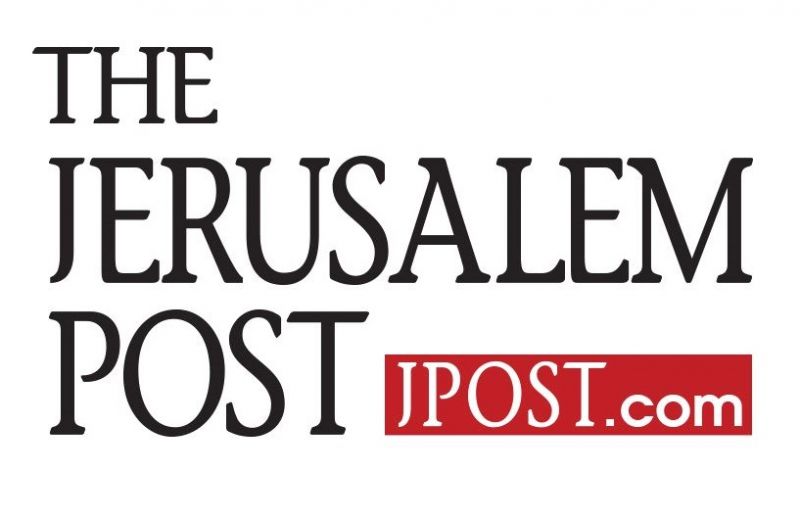
Informed commentaries have stressed, somewhat justifiably, Iran’s benefits from the nuclear agreement with the P5+1 powers. Yet the agreement is, in many ways, formal confirmation of regional

The signing of a nuclear deal with Iran will further aggravate the already tense relations between Israel and the US regardless of the exact details of the agreement or the nature of the

The post-Arab Spring period, which witnessed the collapse of dictatorial regimes, the eruption of civil wars and the possible disappearance of several sovereign Arab states, created opportunities

A few months ago, former Justice Minister Tzipi Livni traveled in secret to New York to a meeting attended by the foreign ministers of several Arab countries, Arab League officials and European

In late December 2014, Egypt and Qatar have agreed to normalize their relations, which were strained due to Qatar’s support of the Muslim Brotherhood. The deal, which coincides with parallel

Senior Israeli security personnel, Israeli and Palestinian political leaders, rabbis and imams have been warning for years that the Jewish-Muslim conflict over the Temple Mount/Haram al-Sharif

The ongoing crisis in Iraq has revived fervid calls for Kurdish independence, and yet the immediate viability of a future Kurdish state depends overwhelmingly on a single factor: stable oil
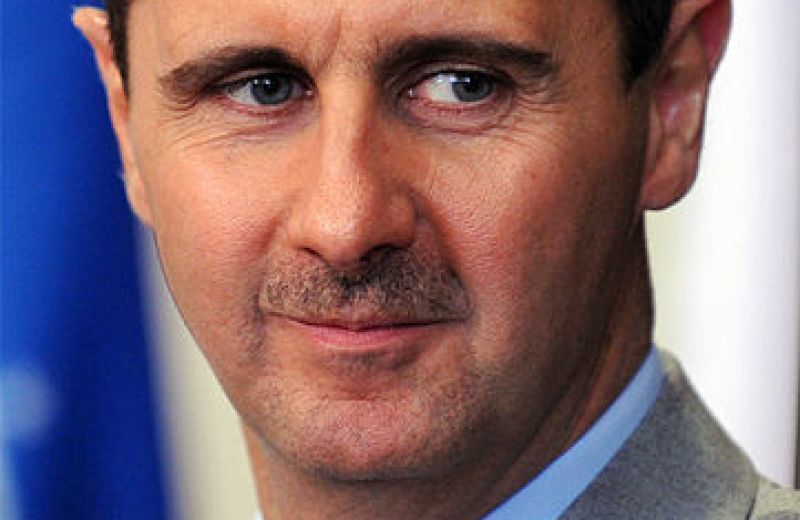
In January 2014, as the second Geneva conference on the Syrian civil war was being conducted, Channel 9 and The Mitvim Institute’s Ksenia Svetlova interviewed Dr. Samir al-Taqi, a former advisor

On 19 May 2014, a symposium on American foreign policy towards Israel and the Middle East, hosted by Mitvim – the Israeli Institute for Regional Foreign Policies and the Tami Steinmetz

Almost three years after the Arab Spring, the Egyptian revolution seems to have become stuck, and may even have devolved to its starting point. This observation first emerged after the events of

Of all the dangers associated with a nuclear-armed Iran — from the onset of a nuclear arms race in the Middle East and an Iranian extension of “a nuclear umbrella” to regional

If the Israeli prime minister and his self-appointed advocates across the ocean took their historical analogies seriously, they would know that the surest recipe for war with Iran lies not in

‘There’s a whole word out there, and we’ve got interests and opportunities in that whole world.” In one sentence, Susan Rice, the National Security Adviser, succinctly summed up the Obama

For Americans, reaching out to the Arab Spring is much easier than for Israelis. Therefore, Israeli institutions seeking dialogue with the region can benefit from insights collected and lessons
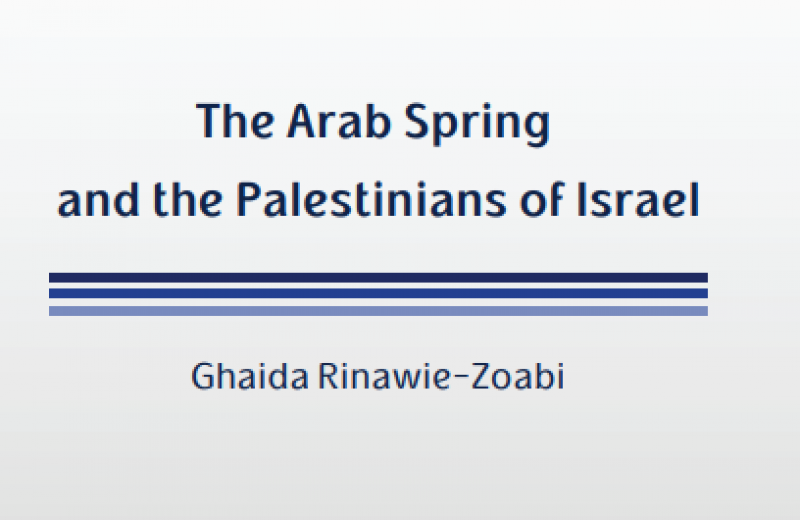
The conversation among the Palestinians of Israel about the Arab Spring raises a number of key moral, political and social dilemmas. In light of the regional turmoil, they debate the impact of
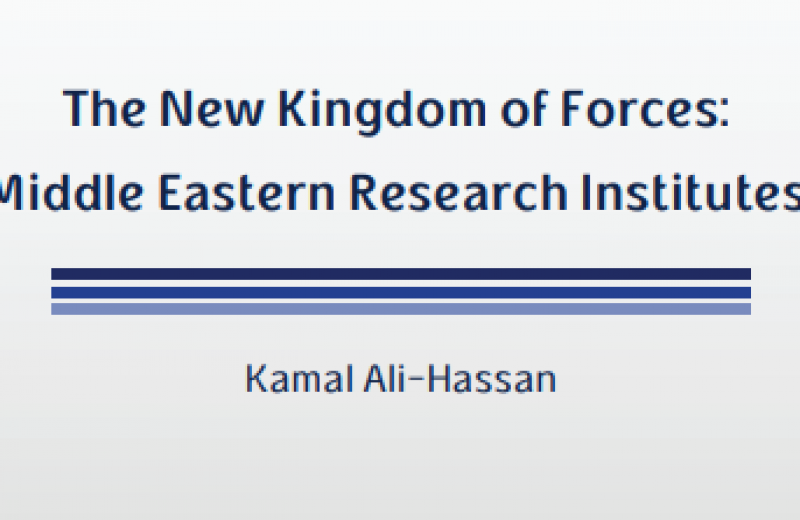
The Arab Spring substantially strengthened the research institutes in the Arab world. New institutions are being established, while ones that existed prior to this revolutionary period attempt to

The Arab Spring was initially embraced with much enthusiasm and hope in the West. In Israel, however, it has been generally perceived as a threat to national security. Israel’s official policies
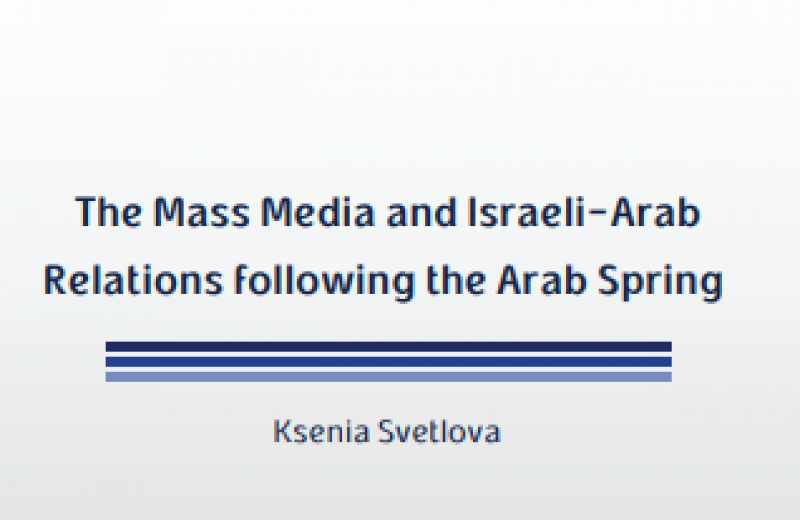
The Arab Spring has changed the mainstream media scene in the Middle East. Major pan-Arab TV stations have been losing audience, while new media such as Twitter, Facebook, and independent blogs

The Arab Spring upheavals in North Africa and the Middle East started in Tunisia at the end of 2010, and subsequently spread into Egypt, Libya, Yemen and Syria, triggering repercussions in a wide

With the chaos of the Syrian civil war escalating, tensions on the Israeli-Syrian ceasefire line on the Golan Heights are running high. Israeli defense officials stated just over a week ago that

After dramatic events began unfolding across the Arab world starting two years ago, most of the world began using the term “Arab Spring” to describe the popular uprisings and
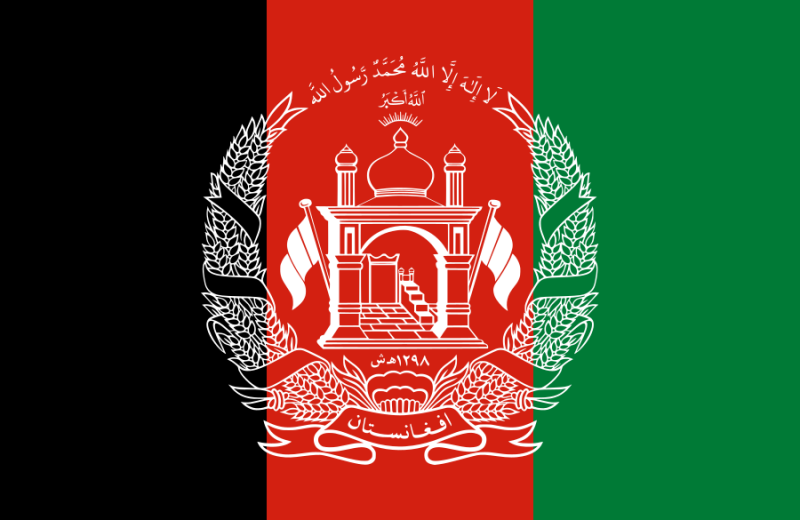
What does Afghanistan mean to Israelis? What does Israel mean to Afghans? Most Israelis identify Afghanistan with the War on Terror and Osama Bin Laden. However, as Ajmal Sohail points out,

Two years ago, on 25th January 2011, it began with a big dream: Millions of people went into the Cairo streets with the aim of toppling the dictatorial Mubarak regime and establishing a democracy

Most Israelis do not really understand the Middle East. This is true for the general public as well as for decision makers. Israelis get their information about regional realities from certain
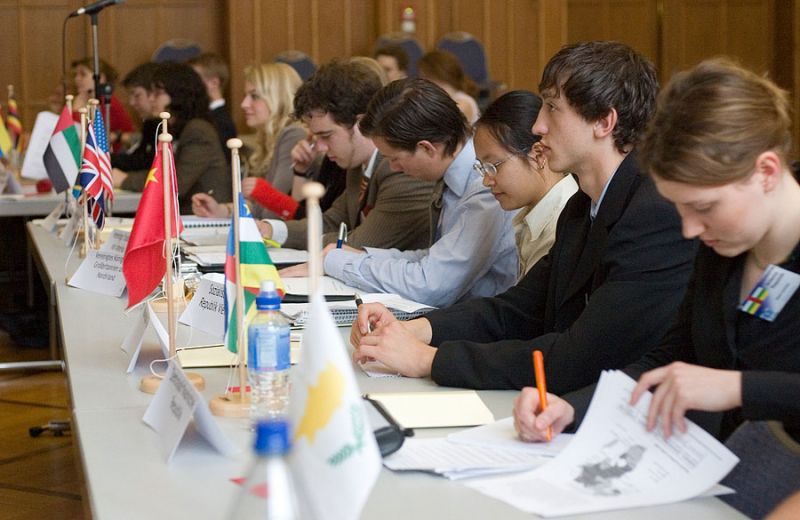
Op-ed, Dr. Nimrod Goren, September 2012
Mitvim calls to regularly convene think-tanks from the broader Middle East, to discuss implications of the ongoing changes in the region, and to explore and promote paths to security and peace

Since its birth in 1948, Israel has launched numerous preemptive military strikes against its foes. In 1981 and 2007, it destroyed the nuclear reactors of Iraq and Syria, operations that did not
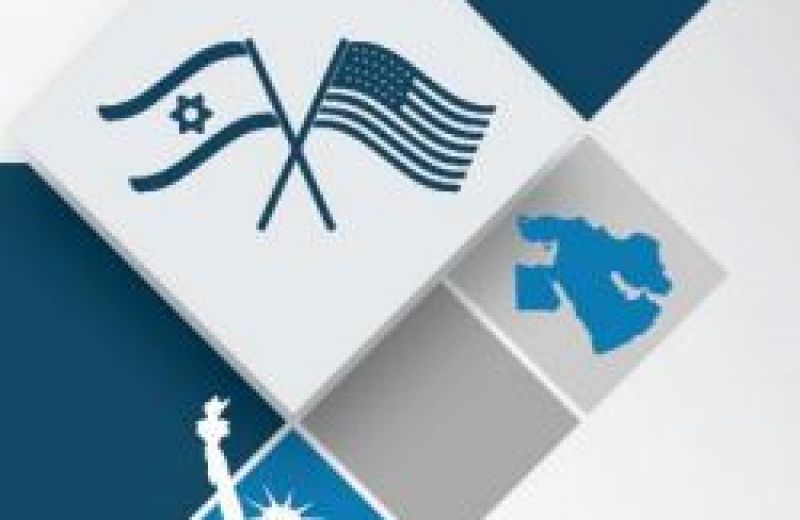
A Survey of American Think Tanks’ Publications Ms. Michal Eskenazi, July 2011 The democratic wave sweeping across the Arab world has transformed the strategic and political landscape of the

